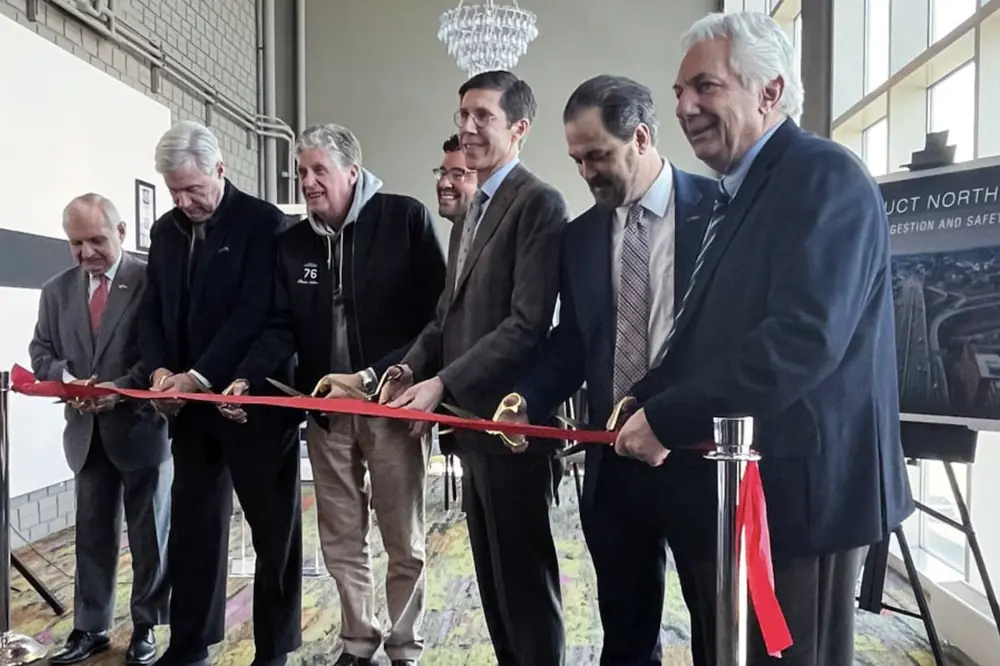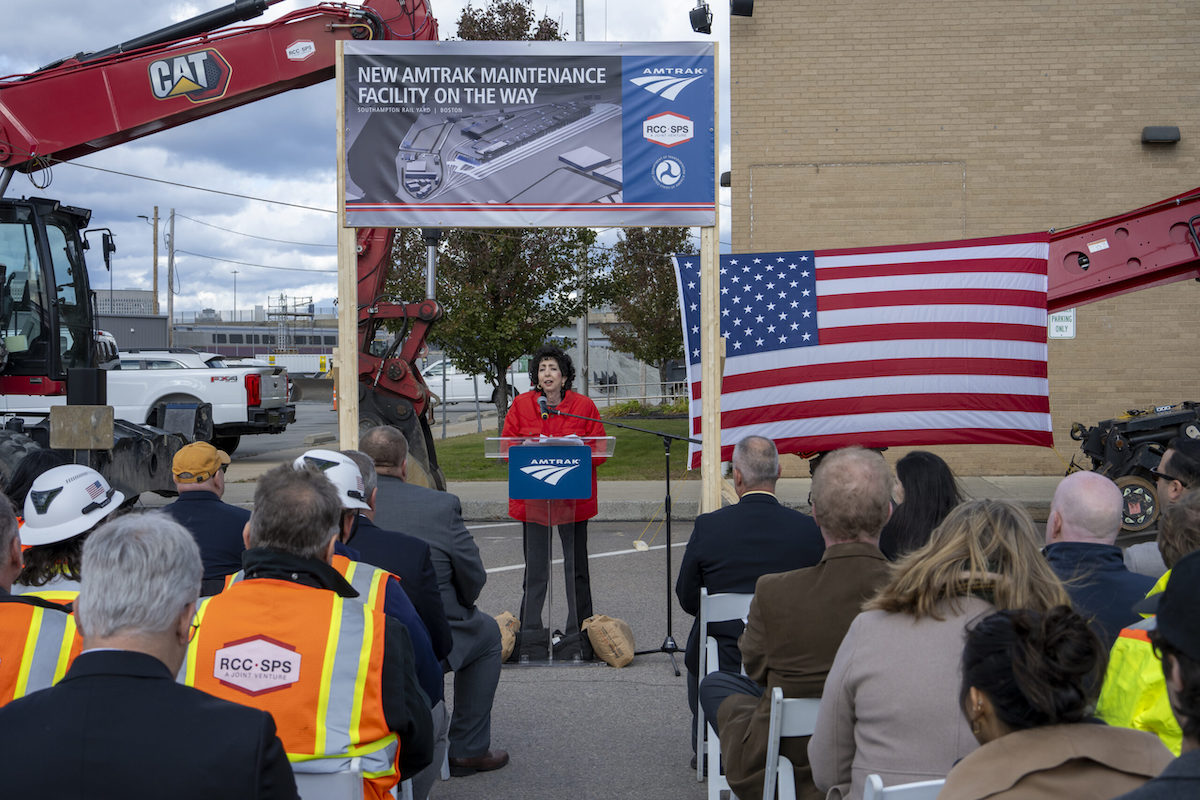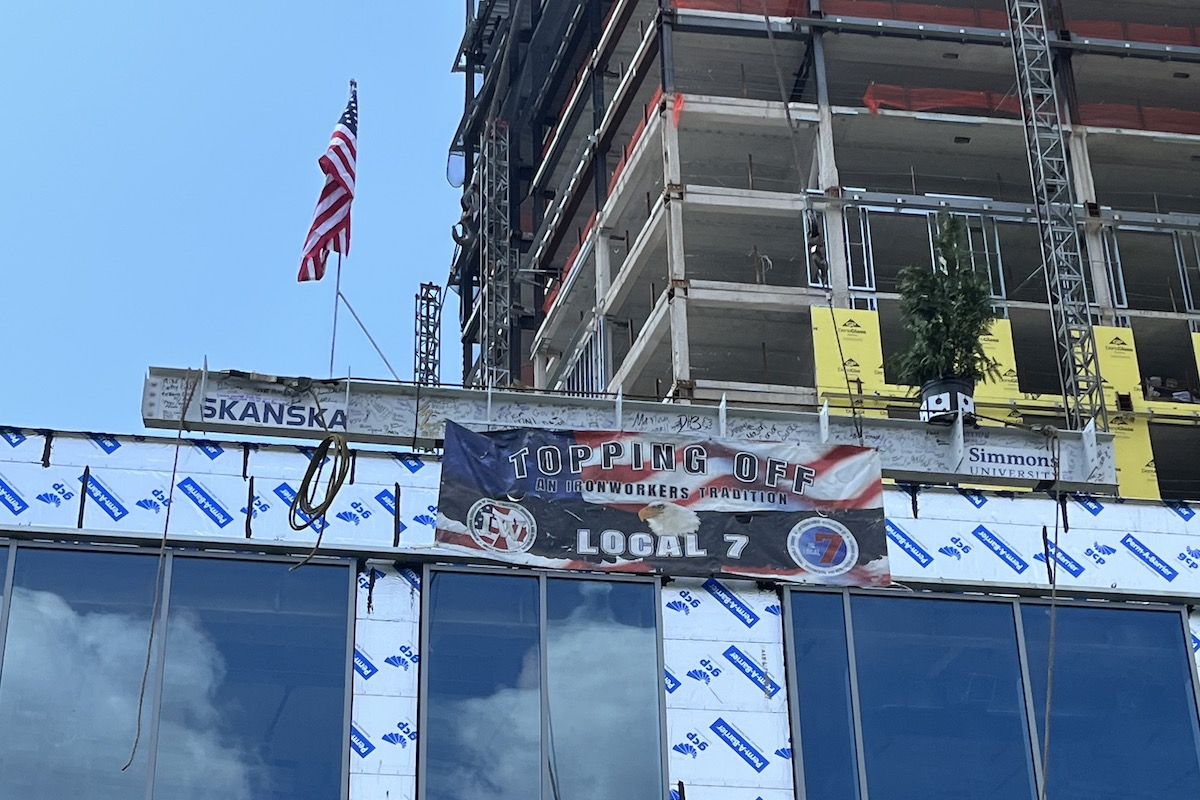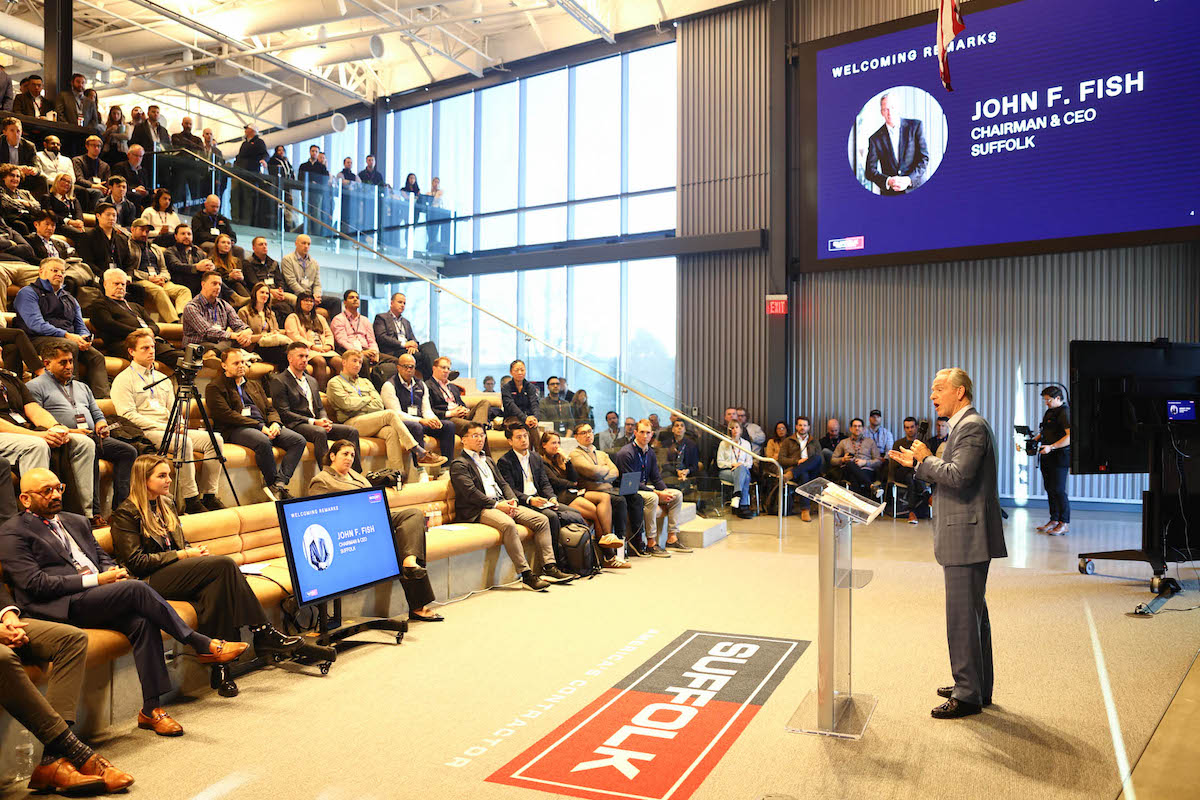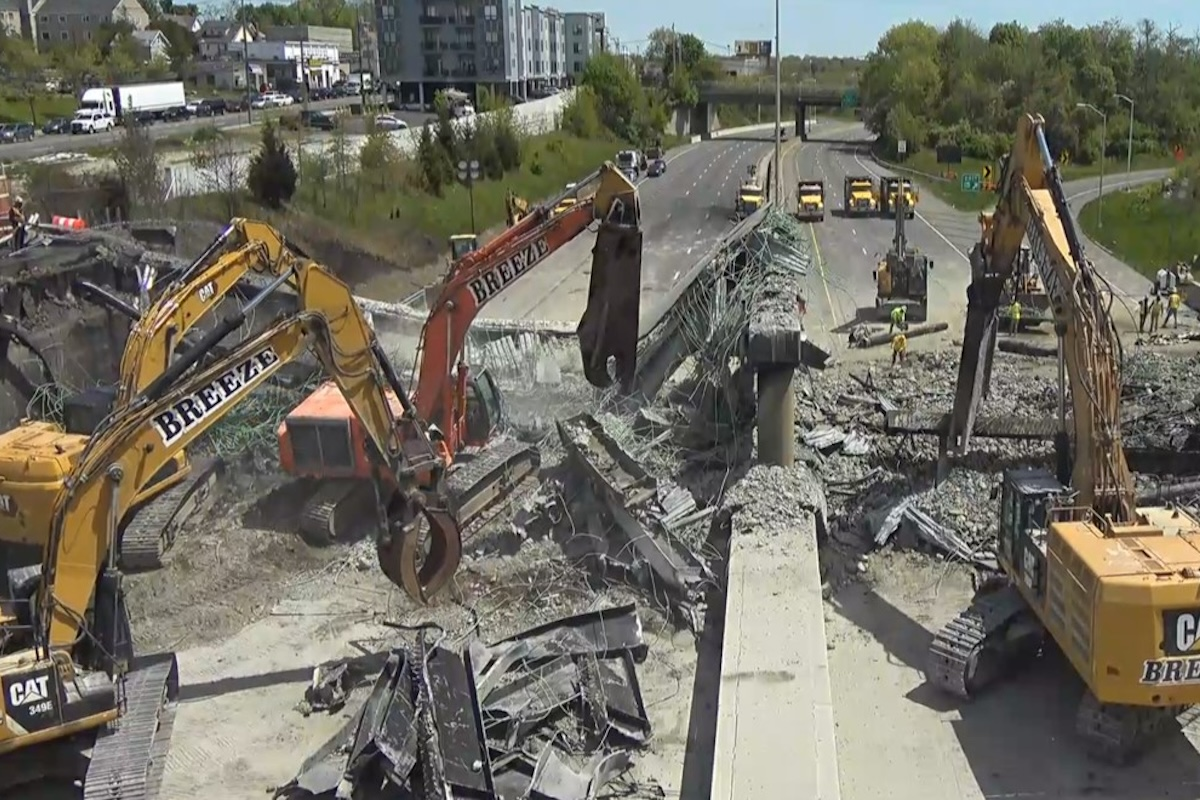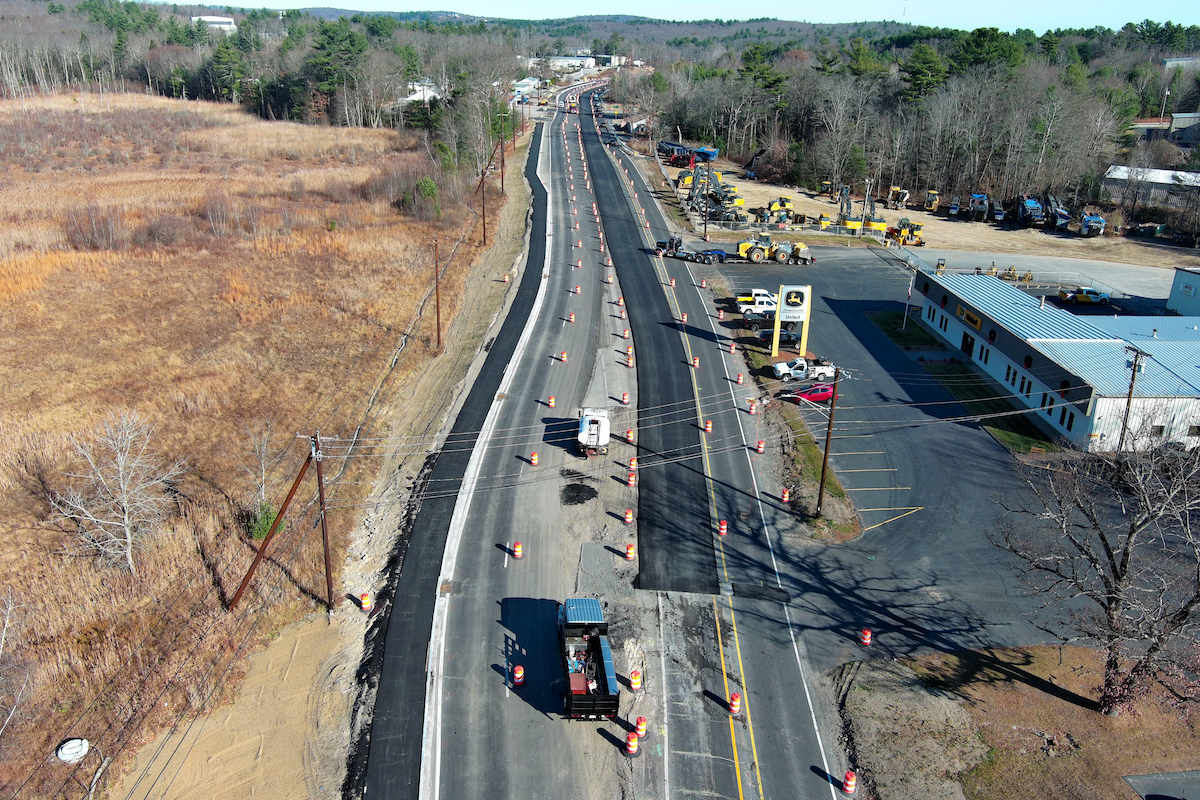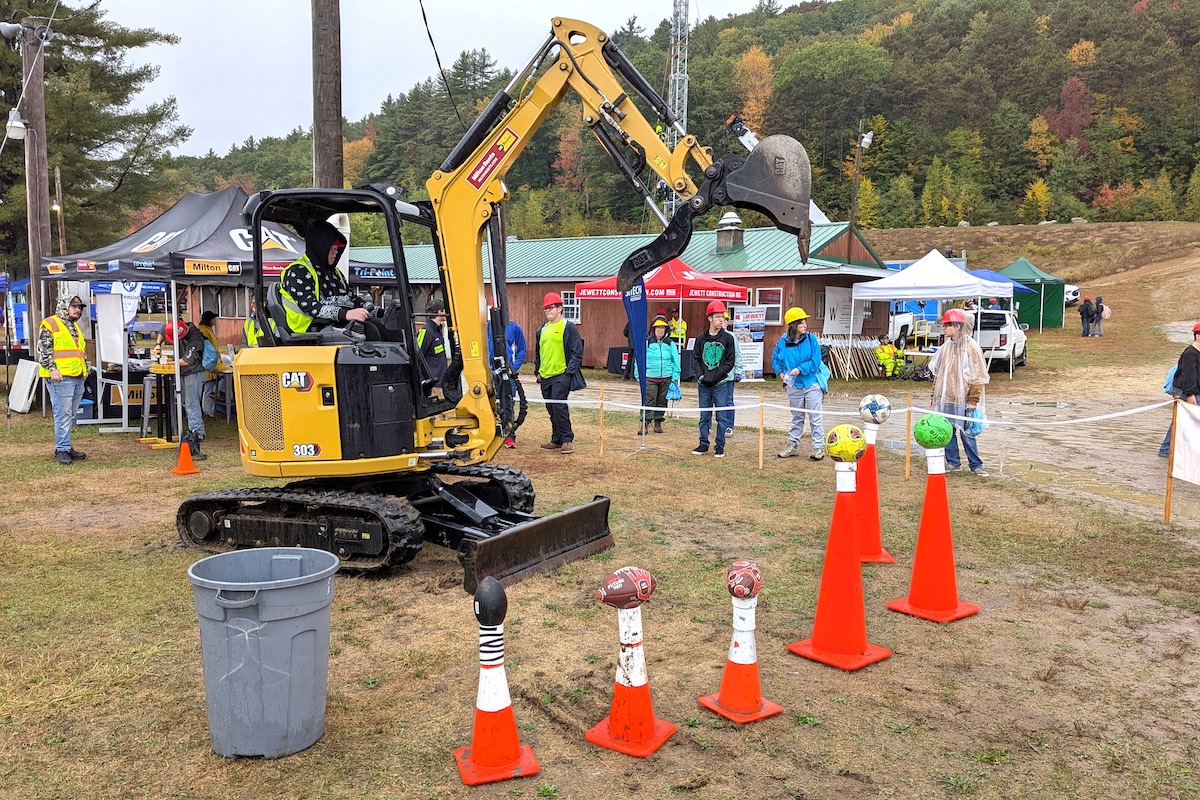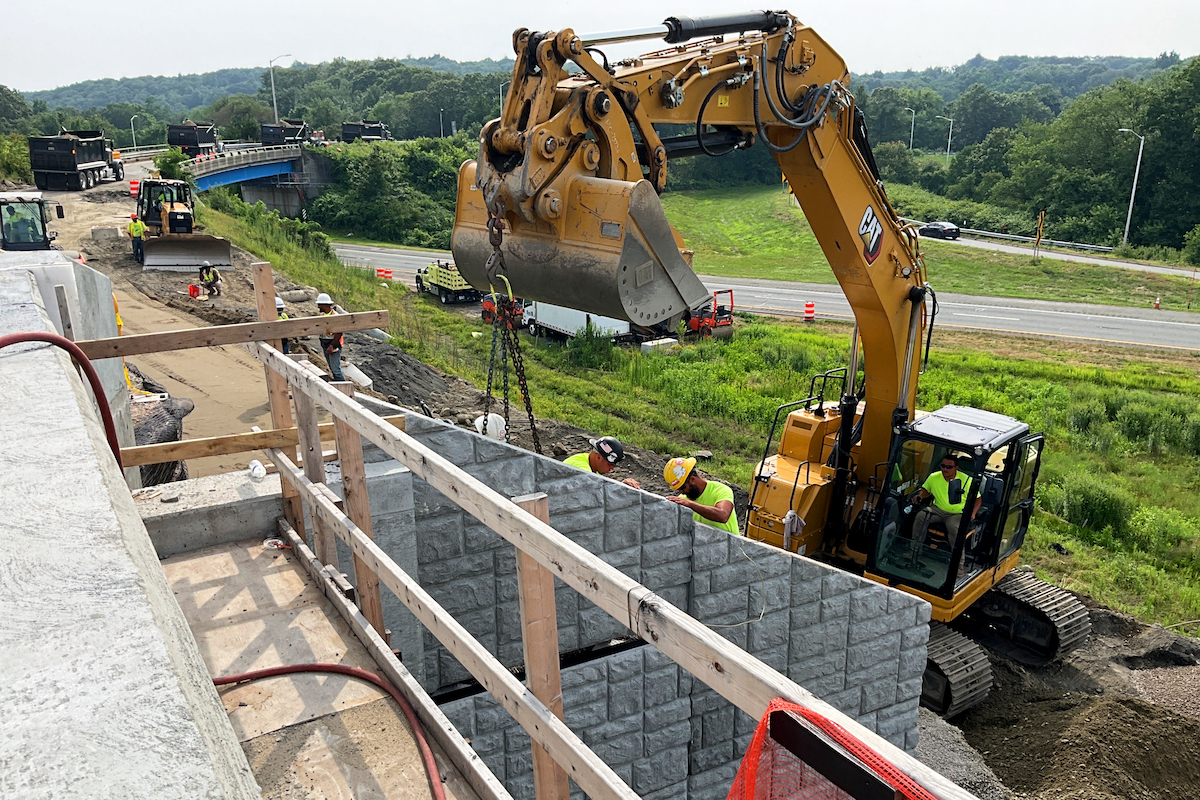“The Transportation Bond Bill builds upon our administration’s ongoing commitment to create a 21st-century mobility infrastructure that will prepare the Commonwealth to capitalize on emerging changes in transportation technology and behavior,” Baker said. “MassDOT and the MBTA have continued to implement widespread improvements throughout the transportation system, and this new bond authorization will further support capital investment planning to rebuild, modernize, and expand the capacity of the Commonwealth’s transportation infrastructure.”
“Our administration continues to work closely with our statewide municipal partners to help identify ways in which they can make further improvements to their transportation infrastructure,” Polito said. “This bill includes authorization for municipally-focused programs, such as the new Municipal Pavement program, which will support the continual efforts of municipalities to provide connectivity and healthy and safe transportation options for community members.”
The legislation includes nearly $5.1 billion to continue modernizing the MBTA, $100 million to improve the pavement condition on state numbered municipal roads, and $50 million to ensure municipalities have resources needed to continue efforts to build ‘Complete Streets’ infrastructure to encourage the public to travel more on foot and by bicycle. The bill also includes $70 million for the Municipal Small Bridge Program and expands the use of designated bus lanes and transit signal priority through two new grant programs. Additionally, the bill authorizes the MBTA to use well-established procurement methods such as Job Order contracting for smaller projects.
“The Transportation Bond Bill supports our efforts to rebuild, modernize, and expand the capacity of the Commonwealth’s transportation system,” Tesler said. “We are grateful to the members of the Legislature and the advocates who worked so hard to get this bill approved.”

| Your local Trimble Construction Division dealer |
|---|
| SITECH Northeast |
| SITECH Northeast |
The bill also responds to the needs of municipal partners by reauthorizing or creating five funding partnerships to supplement and complement the Chapter 90 program, and reauthorizes the popular Municipal Small Bridge Program and Complete Streets Program. In addition to local bottleneck reduction program already mentioned, a third municipal funding initiative would improve the condition of roadways by authorizing $100 million for a municipal pavement partnership program to help cities and towns care for state-numbered routes that are locally owned.
Highlights of the Transportation Bond Bill are as follows:
- $4.4 billion for use as funding for highway federal aid projects
- $3 billion for transit system modernization investments (MBTA)
- $1.25 billion in non-federal aid for use as funding in highways projects that are not eligible for federal funding
- $1.25 billion for the new Next Generation Bridge program
- $70 million for the Municipal Small Bridge program
- $50 million for the Complete Streets program
- $20 million for ‘public realm’ COVID-related Shared Streets and Spaces program
- $100 million for a new Municipal Pavement program for pavement projects on locally owned but state numbered roads
- $100 million in four new programs to provide financial assistance for municipalities seeking to improve infrastructure, such as bus lanes or bus signal prioritization projects, and connectivity
- $350 million for the Cape Cod Bridges approaches project
- $825 million for South Coast Rail
- $595 million for Green Line Extension
- $89 million for Aeronautics Division
- $760 million to support the Regional Transit Authorities and Rail & Transit’s Mobility Assistance Program and rail improvements
- Construction Zone Speed Limits that allow posting of speed limits in construction zones and doubling of speeding fines for violations














